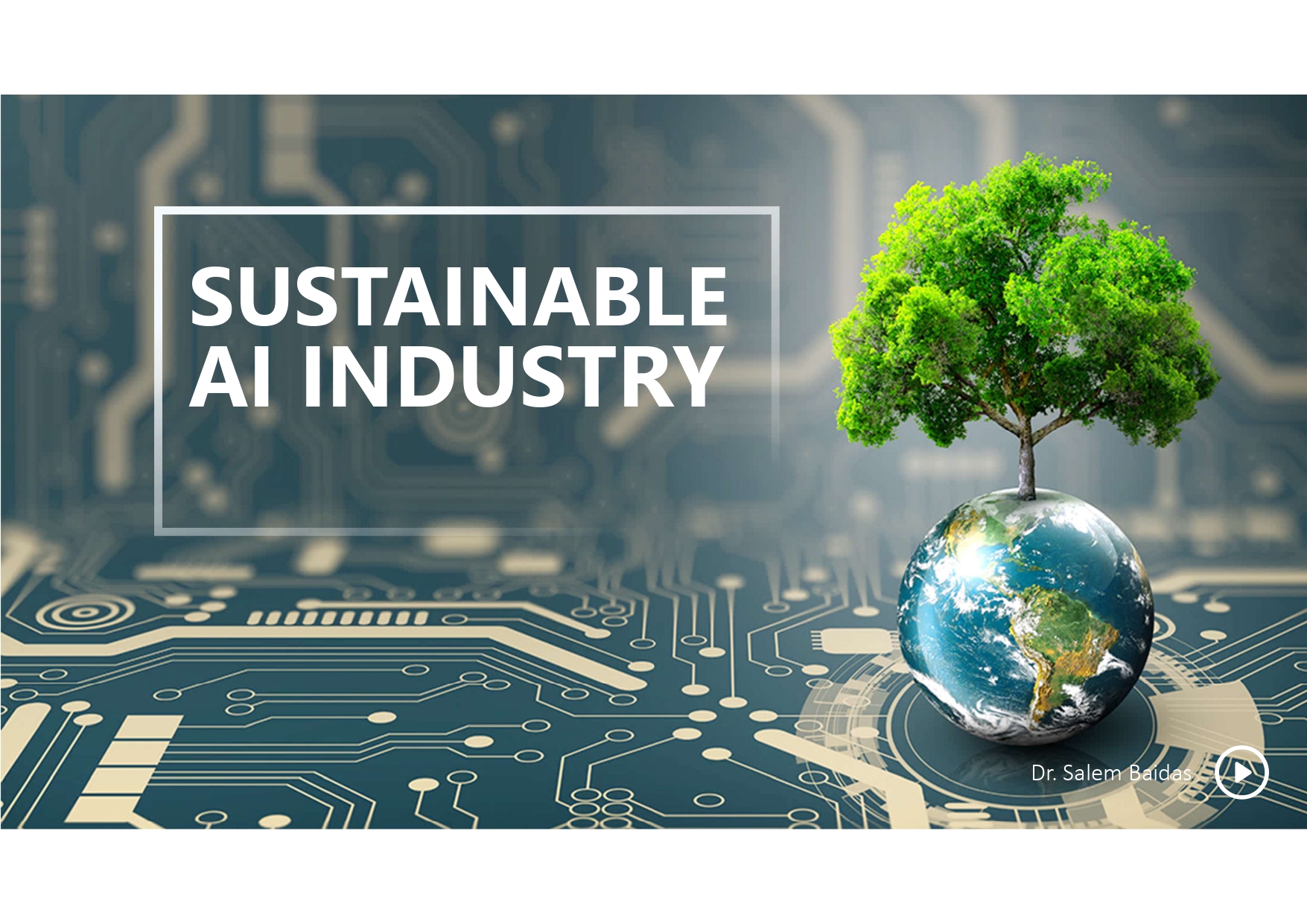Sustainable AI
February 2024 – Artificial Intelligence (AI) is a branch of computer science that focuses on developing intelligent machines capable of performing tasks that usually require human intelligence. Sustainable AI refers to the use of AI systems to enhance sustainable business operations. It includes strategies to reduce the carbon footprint and energy consumption associated with AI operations. Sustainable AI applications include energy efficiency, renewable energy, smart grids, smart farming, water and waste management, climate change mitigation, biodiversity conservation, and sustainable development goals attainment. AI can enhance the sustainability of businesses through efficiency, automation, transparency, and goal support. There are many benefits of using AI in sustainability, including cost savings, improved healthcare and education access, new employment opportunities, and reduced environmental impacts and carbon footprint. In 2021, under UNESCO’s auspices, the International Research Center on Artificial Intelligence (IRCAI) was established to advance research on the use of artificial intelligence to achieve the sustainable development goals by showcasing relevant projects around the world.
In this slideshow, you will learn about the definition, applications, benefits, challenges, solutions, UN policy, and global statistics of Sustainable AI.

























